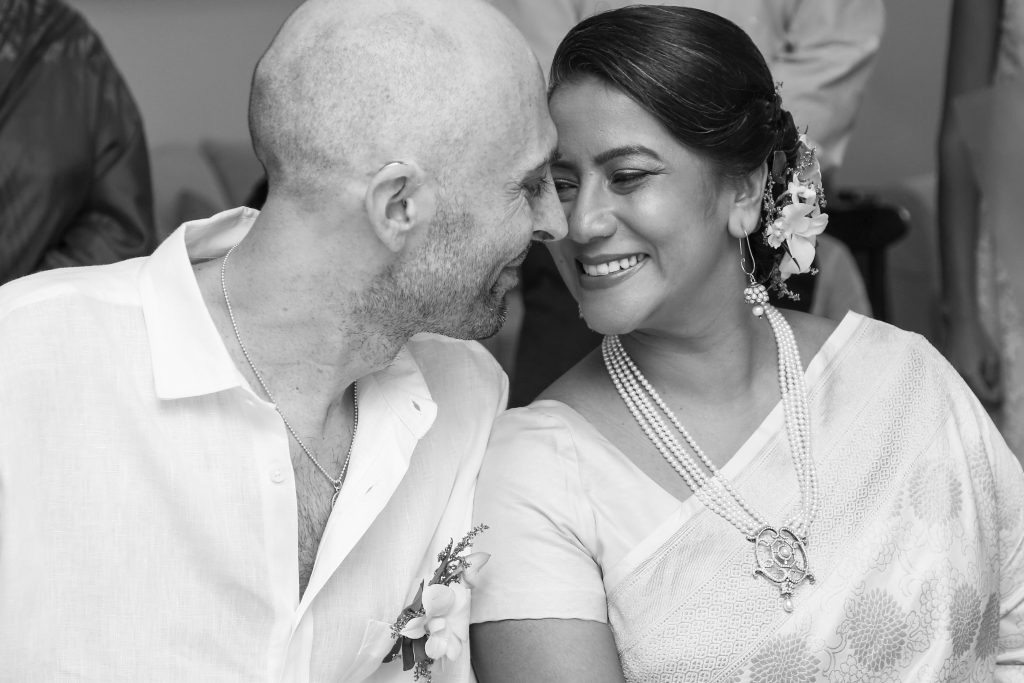Human beings are
storytellers and meaning-makers
Stories are vehicles for translating and sharing the meaning of how we understand and explain our world and its events in our lives. Stories help us make meaning together and connects us.
Our stories show up in our conversations, our writing, art, music and performances. Our stories show up in the way we respond to what is going on. Sometimes these stories remain in the recesses of our mind, even without our knowledge, and we draw from them and are even led by them unconsciously. Sometimes, we believe the stories others tell us about ourselves.

The stories we tell ourselves, consciously or unconsciously, shape how we understand ourselves and how we understand our world.
Most crucially, our stories also shape our choices, decisions and actions in the world. Our stories shape who we are and who we become.
We are not always in control of the events in our lives. But we have choices in how we make meaning out of them. Our stories can empower us or keep us stuck. We can choose empowering stories that give us courage, love, and hope. Storying and re-storying ourselves give us options and choices in how we take empowered actions in the world.
“Maybe stories are just data with soul”
– Bene Brown
I have a story

I have a story of loss and grief. My husband was diagnosed with colon cancer in 2019 and he died in 2020, just three weeks after we got married.
I cannot change these events.
Looking back, ten months since his death I have been through a number of different ways of making meaning out of those events. Some helpful, some not so helpful. My stories are influenced by my experiences, my context, my beliefs and my ever-changing feelings.
The Karma story. Coming from a predominantly Buddhist background, it is hard to escape the ‘karma story’: that as human beings we are reaping the effects of our actions in our past and current life. We reap what we sow. Sometimes this story is comforting. At other times not. At one level there is an element of fate and destiny, that we should find each other in midlife, fall in love, plan a life together, and enjoy blissful moments, and then have it snatched away.
The good die young story. I have heard this saying many times. It is not a story that resonates for me, so I politely cast it aside.
Why me? Why him? Why us? I occasionally find myself mired in these stories of injustice and unfairness. But I am grateful that I am not always attached to this story.
All life is impermanent. Where there is life, there will always be death. It is the impermanent nature of life. This resonates deeply as it is evidenced based and is a cornerstone of the philosophy of Buddhism.
Our love is eternal. He lives in my memory. Maybe we do have another place and time we meet again. Somedays, and more often than before, this story comforts me.
I am aware that these are stories—just stories, based on my belief systems, life experiences and context. These are just a few, and there are many more that compete for attention.
Choosing empowering stories

My stories are like the ocean’s waves on shifting sands. They ebb and flow.
How do I navigate these stories and choose empowering stories?
- I let be, let come and let go, my stories.
- I consciously pay attention, take notice and honour what comes, what goes and what stays.
- I pay particular attention to how I feel about each story.
- I try and understand the makeup of the story. Where does it come from? What shapes this story? What is the evidence for this meaning-making? What are the assumptions I am making?
- When I have some distance and objectivity from my feelings, I ask myself, how useful is this story for my wellbeing?
- I stay curious and open, especially to those stories I have not heeded, or forgotten or denied.
- I own and honour the stories that shaped me. I hold them with love and gratitude.
- I look for alternative versions of the story, especially those that are generative, life-giving, empowering.
- I practice working with empowering stories.
Reflect on your own empowering stories
In coaching conversations I help my clients navigate and explore their stories, and support them to reflect and inquire into the stories that keep them stuck and move into generative and empowering stories.
Ask yourself:
- What are the stories that keep me stuck?
- What stories might I be ignoring or not seeing?
- What stories of myself are no longer useful?
- How else might I explain what’s going on?
- What are the stories that enable me and empower me?
- What kind of stories do I want to be creating in the future?
- How will I story and restory myself?
When you have different ways of understanding yourself, you can choose stories that liberate you, empower you, and help you learn.
Hold your stories lightly.
Hold your stories with gratitude and love.
Own your stories and craft the stories you want to live.
Love and Light


